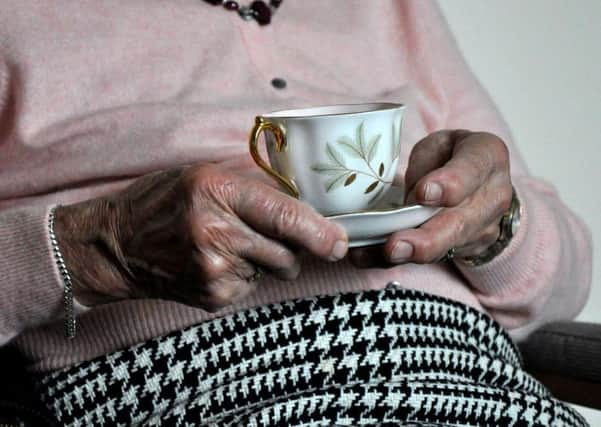More than half care home beds '˜poor or worse'


Wakefield and Kirklees are among six areas in which more than half the available beds at residential care homes for adults are in establishments ranked in the two lowest categories by the Care Quality Commission.
The consumer group, Which? published a breakdown of its figures on the eve of a new report on competition in the care home market. It found that in Wakefield, some 58 per cent of the district’s 2,375 beds were in homes that had been designated inadequate or requiring improvement.
Advertisement
Hide AdAdvertisement
Hide AdOnly 41 per cent were in homes ranked as good or outstanding.
In nearby Kirklees, centred on Huddersfield, 57 per cent of the 2,808 beds were in homes placed in the two lower categories. In Bradford, the figure was 44 per cent and in Hull, 40 per cent.
Which? said the figures meant it was less likely that people looking to move into a care home would be able to find a good place in their area.
It urged the government to focus on “quality, provision and choice” as it prepares to respond to the findings of the Competition and Markets Authority’s final report on the sector, expected later this week.
Advertisement
Hide AdAdvertisement
Hide AdThe organisation warned that the picture “could rapidly worsen”, as demand starts to outstrip supply in some areas, putting increasing pressure on care home places. Which? has previously said that neatly nine in 10 council England could see a shortfall in care home places by 2022.
Alex Hayman, its managing director of public markets, said: “Having to choose a poor care home isn’t really making a choice at all, and it’s disturbing to know that so many people across the country are already in care homes that are clearly not good enough.”
The Local Government Association, which represents councils, said the figurers were the consequence of a “chronic underfunding of the system”.
Izzi Seccombe, chairman of its Community Wellbeing Board, pointed to a £1.3bn funding gap “between what providers say they need and what councils currently pay”.
She added: ““If the system is left to carry on as it is, then we will see more and more providers either pulling out of council contracts or going out of business altogether.”